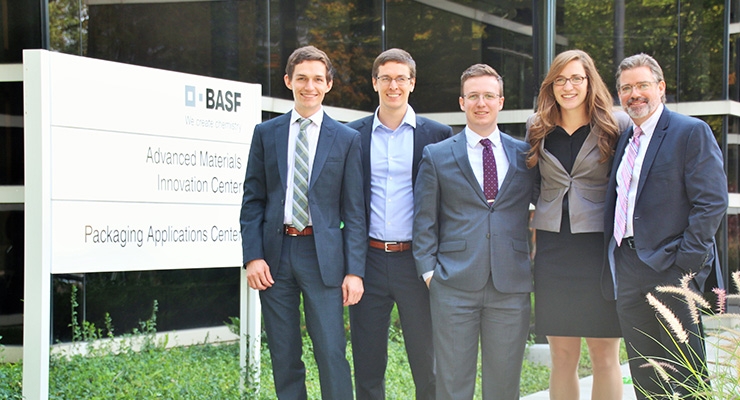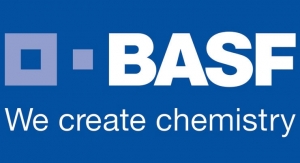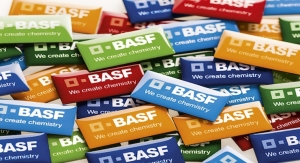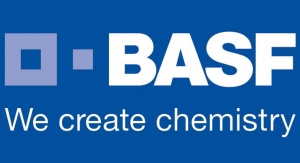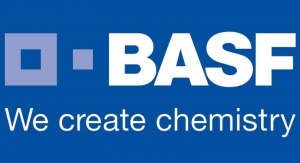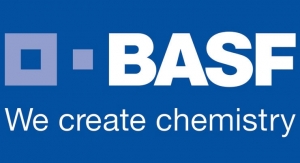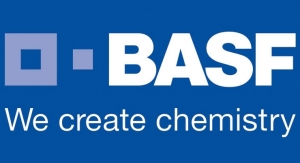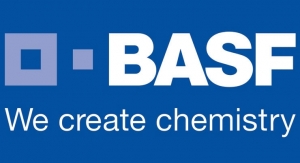09.12.17
Four students from University of Colorado - Boulder won the third annual BASF science competition, held at the company’s coatings headquarters in Southfield, Mich.
The challenge for this year’s competition was to create a superior finish on carbon fiber composites.
Lightweight carbon fiber is used in vehicles to improve fuel efficiency. It is difficult to coat because when carbon fiber composites are heated and cooled, ridges form on the surface. The winning team, representing the Chemistry and Biochemistry; Civil, Environmental and Architectural Engineering and Materials and Science Engineering departments at the university, used their combined expertise to solve the challenge by adding a nanomaterial.
“The research proposal by the University of Colorado team is a novel and creative solution to a real customer need,” said Peter Eckes, BASF president, Bioscience Research and North American Research representative. “ As a result, BASF will explore their proposed solution further.”
Four teams of students presented proposals to a panel of BASF executive judges. The proposed ideas will be evaluated by the sponsoring BASF business units for possible further development. The three other finalist teams represented Queen’s University, Southern Mississippi University and University of Massachusetts-Amherst with Massachusetts Institute of Technology.
All four presenting teams received cash awards.
Photo courtesy BASF
The challenge for this year’s competition was to create a superior finish on carbon fiber composites.
Lightweight carbon fiber is used in vehicles to improve fuel efficiency. It is difficult to coat because when carbon fiber composites are heated and cooled, ridges form on the surface. The winning team, representing the Chemistry and Biochemistry; Civil, Environmental and Architectural Engineering and Materials and Science Engineering departments at the university, used their combined expertise to solve the challenge by adding a nanomaterial.
“The research proposal by the University of Colorado team is a novel and creative solution to a real customer need,” said Peter Eckes, BASF president, Bioscience Research and North American Research representative. “ As a result, BASF will explore their proposed solution further.”
Four teams of students presented proposals to a panel of BASF executive judges. The proposed ideas will be evaluated by the sponsoring BASF business units for possible further development. The three other finalist teams represented Queen’s University, Southern Mississippi University and University of Massachusetts-Amherst with Massachusetts Institute of Technology.
All four presenting teams received cash awards.
Photo courtesy BASF

